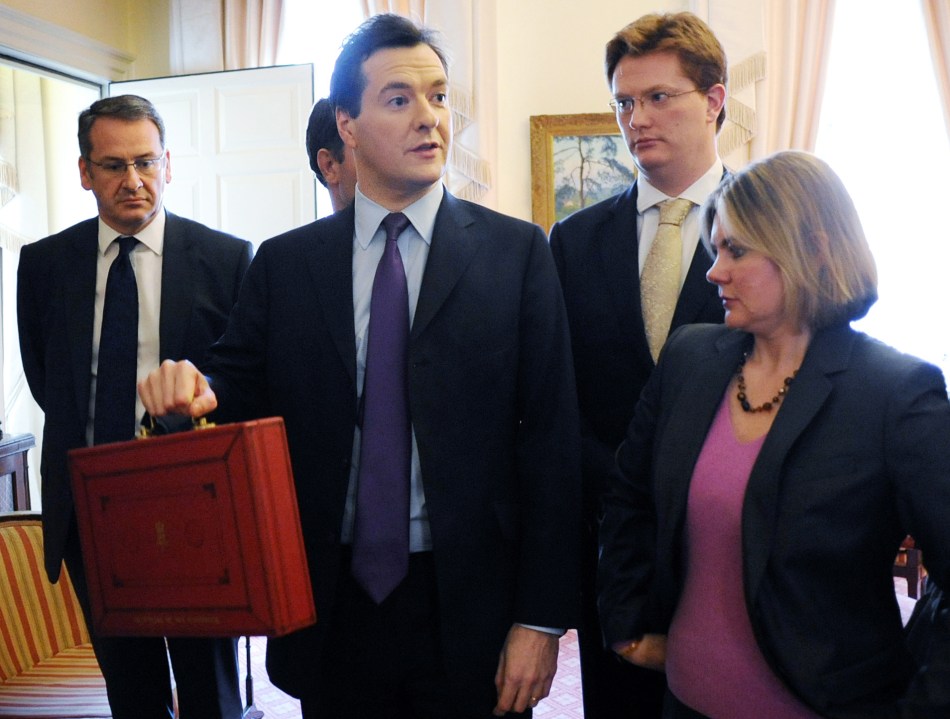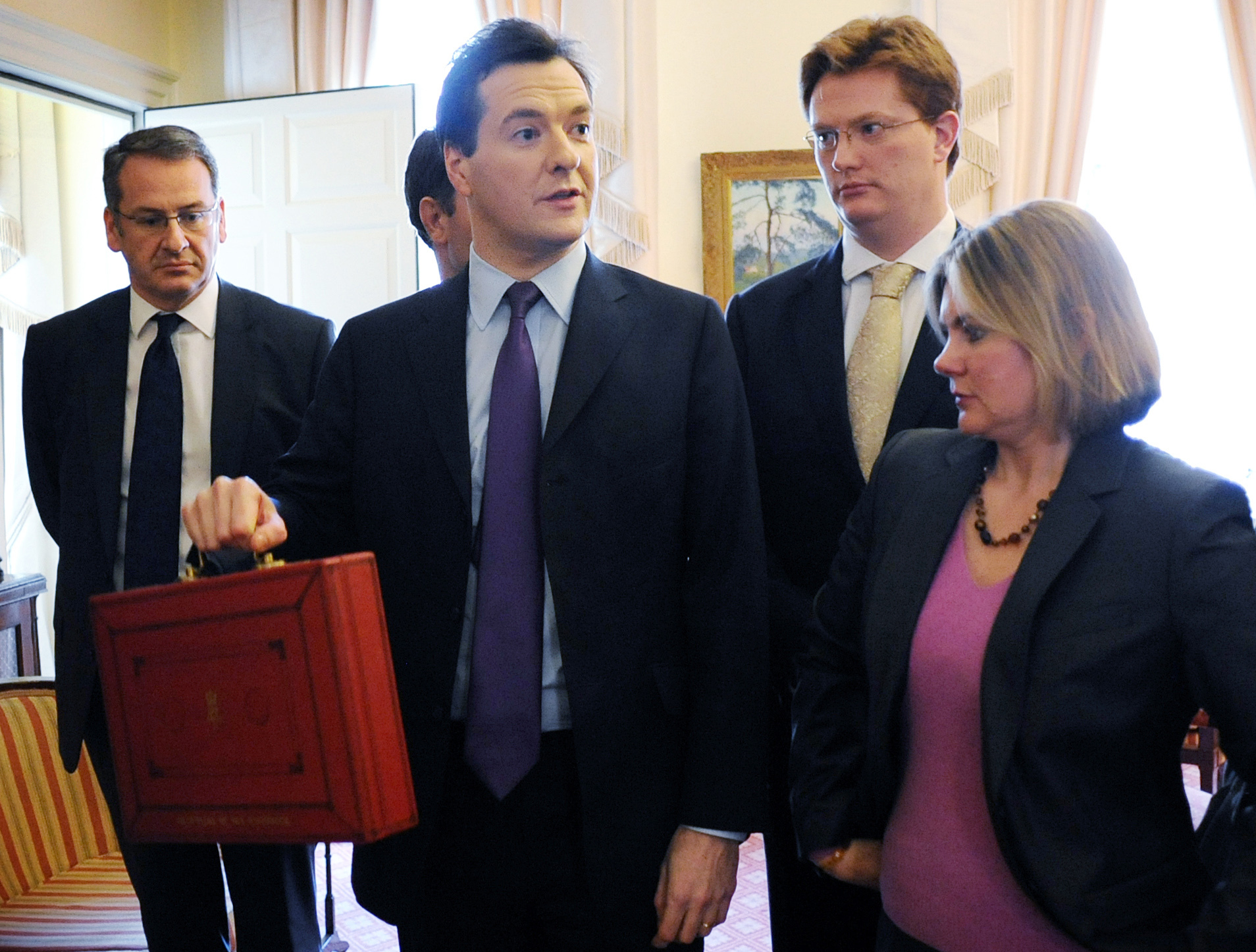 The 50p tax rate is seen by some as a way of tackling the “undeserving rich” discussed in this week’s Spectator. For others, it is a counterproductive
imposition driven by envy. The primary practical justification for allowing wealthy people to retain their earnings is that it empowers them to invest in productive enterprises. Over 80 per cent of
the funding for business start-ups comes from personal savings or loans from family and friends. And just now we need to give the maximum encouragement to people with the determination to start new
businesses.
The 50p tax rate is seen by some as a way of tackling the “undeserving rich” discussed in this week’s Spectator. For others, it is a counterproductive
imposition driven by envy. The primary practical justification for allowing wealthy people to retain their earnings is that it empowers them to invest in productive enterprises. Over 80 per cent of
the funding for business start-ups comes from personal savings or loans from family and friends. And just now we need to give the maximum encouragement to people with the determination to start new
businesses.
Opponents of a tax cut will no doubt say that wealthy people will not invest in enterprise but fritter away their gains on luxuries. One remedy for their fears would be to convert the tax into a compulsory contribution to a bond in a new “enterprise bank”, whose job would be to make commercially sound investments in new and existing businesses. By common consent, the banks are neglecting this task at great cost to our future prosperity.
The Treasury is expecting the 50p tax rate to produce £3 billion this year and £2.6 billion next year. If that amount were put into an enterprise bank it could bring about a major transformation of our economic prospects.
Top-rate taxpayers could receive interest if the enterprise bank makes profits. Their compulsory contribution could be treated as the purchase of undated government bonds, or consols, with interest payable up to a maximum amount, if profits are made. Like existing consols, it should be possible to buy and sell the new bonds on the open market. The possibility of making a return might discourage high earners from leaving the country or reducing their taxable income.
The last time a similar compulsory saving scheme was introduced was during the Second World War, following a pamphlet by Keynes and supported by his frequent adversary Hayek. The comparison with
wartime is not as absurd as it may initially seem, given that our national debt is soon to assume wartime proportions.
David Green is director of Civitas







Comments